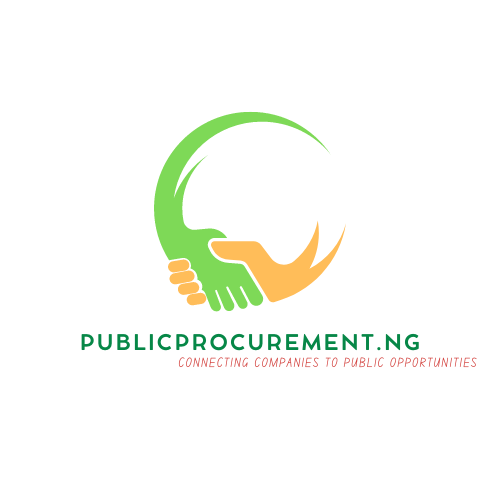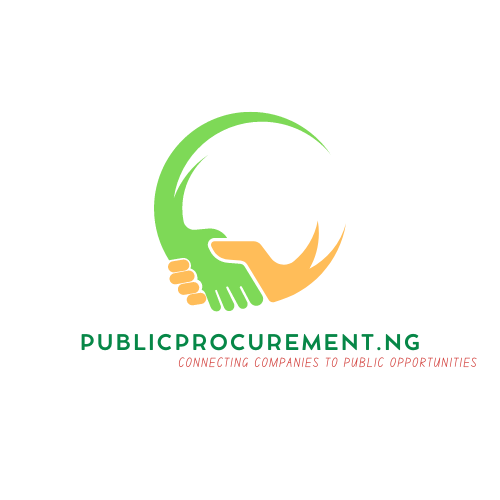DEVELOPMENT OF SEVEN-MEMBER CASE STUDIES CHARTING THE PROGRESS MEMBERS IN AFRICA ARE MAKING TO INCREASES WOMEN AND GIRL’S INCLUSION IN THE FORMAL FINANCIAL SYSTEM
1. ABOUT AFI
The global development landscape is in a period of rapid and significant change, allowing a new model for cooperation to emerge: The ALLIANCE FOR FINANCIAL INCLUSION (AFI) is a, horizontal model, peer learning network for financial regulators and policymakers from developing and emerging countries. AFI enables international cooperation and knowledge exchange that empowers developing and emerging countries to drive their financial inclusion agendas and strengthen their collective voice.
Established as a project in 2008 through an initial grant from the Bill & Melinda Gates Foundation (BMGF) to GIZ, AFI became the world’s first peer learning and knowledge sharing platform for developing and emerging countries’ financial regulators, to promote policy formulation and implementation to expand financial services for the world’s poorest. Since then, AFI has transitioned from a project to a sustainable, independent, member-owned institution — a policy driving network that supports impactful and scalable financial inclusion policies affecting millions of unserved and underserved people. Because AFI is a member-driven organization, its programs and services are designed specifically to meet members’ policy needs and interests. Likeminded funding partners, including the BMGF and Sida, continue to support AFI programs and member services through a combination of financing and technical contributions.
The AFI network consists of 99 regulatory and policymaking institutions in 80 developing and emerging countries around the world. AFI members are primarily central banks, ministries of finance and economy, and other regulatory bodies, which hold the mandate to develop and implement financial inclusion policies. AFI is headquartered and registered in Kuala Lumpur, Malaysia, as an International Organization Under Malaysian Law, and hosted by Bank Negara Malaysia. It also has regional representation in the LAC region, an African Regional office and a European representative office. To date, AFI members credit over 600 policy improvements to their engagement and peer learning in AFI.
AFI is a member-driven network whose members direct and implement the work streams themselves. Existing work streams on policy and regulatory approaches to drive financial inclusion include digital financial services, consumer protection and empowerment, SME finance, financial inclusion data, national financial inclusion strategies, and global financial standards. More recently, inclusive green finance and gender inclusive finance has been identified as priority policy themes and incorporated into the work streams mentioned above. Gender is considered a foundational element in all of AFI’s work.
AFI’s members are actively engaged in advancing financial inclusion policy at national, regional and international levels through partnerships and cooperative arrangements with other regulators, as well as with international organizations and private sector leaders. The network uses the depth of its unique knowledge and experience, to produce regulatory guidance, provide insights on innovative policy developments and highlight proven solutions in the field of financial inclusion.
The cooperation model upon which the network is built is representative of a paradigm shift in international cooperation for development and is based on three key priorities:
• Members’ demand-based approach: This is grounded in the core ethos of AFI as a member-owned organization where the design and implementation of programs are demand based, relevant, appropriate and a priority for members. This approach has created ownership and a sense of pride as ever more ambitious targets are set and achieved.
• Peer-to-peer engagement: The value of knowledge and experience is not judged by the size or wealth of any one institution. The AFI cooperation model creates a community of equals where every member, no matter how large or small, is given the opportunity to share as well as to learn.
• Advancing sustainable financial inclusion: Supporting members to develop, implement and advance high impact financial inclusion policies and regulations that ensures the most affected segments of the population are included such as women, youth, forcefully displaced persons, and SME enterprises. As well as advancing sustainable financial inclusion policies to address the risks of climate change and factoring in financial integrity, innovation, and consumer protection.
2. PROJECT BACKGROUND
In 2016 the AFI membership endorsed the Denarau Action Plan (DAP). This 10-point action plan highlights actions members can take to increase women’s financial inclusion and develop a pipeline of women leaders withing the financial regulatory sector.
The members also made a commitment to halve their respective gaps in women’s access to finance, by the end of 2021. Whilst not all the members will fully complete this commitment due to a range of barriers, including socio-cultural barriers, which go beyond the remit of financial regulators and more recently, the economic impacts of COVID-19 among others, they are making much progress across a wide range of policy and regulatory areas to develop gender sensitive solutions and remove gender barriers to enable more women to sustainable engage in and continue to use the formal financial system.
In 2019 the AFI Management Unit established a Gender Inclusive Finance (GIF) business unit within the organization. It aims to support members with the design and implementation of DAP commitments including their monitoring and evaluation. The unit further shares these learnings and showcases to the membership good use cases and success stories that can be scaled across the network. The aim of the unit is for the systematic integration of the GIF perspective in all areas of policy programs, capacity building and all other initiatives undertaken by AFI members, so they can eventually remove any gender gap in their jurisdictions and ensure women and girls have access to and usage of quality financial products and services to meet their financial needs. This work is further supported with strategic guidance from the high-level GIF Committee, which is populated by seven senior policy makers (Deputy Governor level or equivalent) from across the network.
In response to the growing demand for more best practice policy guidance for members’ adoption and to act as a catalyst for others to emulate and close their gender gap by the end of 2021, AFI is taking steps to highlight the progress members have made in advancing women’s financial inclusion through a series of member case studies, gathered from the network. This is in line with AFI’s effective bottom up approach in developing need-based technical insights and knowledge products, for the purpose of guiding members to navigate policy challenges to advance women’s financial inclusion in their jurisdictions.
These case studies will cover different members across the Africa region, who are at different stages in their financial inclusion journeys and will be developed as a series that will follow a similar format, whilst allowing for the individual member journeys to be fully captured and explored.
The seven case studies will focus on the progress different members, across the Africa region, are making towards fulfilling their DAP commitments. These case studies will explore the following:
• Assess the role of policy and regulation in tackling key barriers to women’s uptake of financial services
• Highlight the challenges and opportunities presented when trying to increase women’s financial inclusion
• Identify regulation and policies that have been proven effective in advancing women’s financial inclusion with a special focus on DFS and women’s financial inclusion policies
• Highlight the major milestones, targets and drivers for women’s financial inclusion in the respective jurisdictions, and lastly,
• Reflect on members’ own unique needs, challenges, successes and financial inclusion objectives.
3. OBJECTIVE:
The main objective of this project is to address the lack of a systematic review of practical policy actions that members have undertaken to address their gender gaps. This will be addressed through the following interventions:
• Development and dissemination of seven case studies
• Peer to peer knowledge exchange programmes to showcase lessons learned and practices that can be replicated in other member jurisdictions
• Technical support to principal member institutions, to undertake similar policy and regulatory reform in their own jurisdictions and scale up the learnings delivered by these case studies
• Amplify members’ voices and the work of the member institutions featured in the case studies, through communications campaigns, AFI events and external events.
You need to be logged in to view the rest of the content. Please
Log In. Not a Member?
Join Us






No Comments